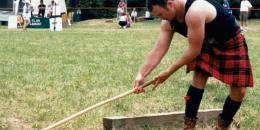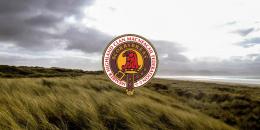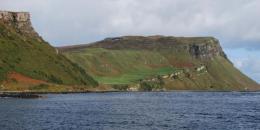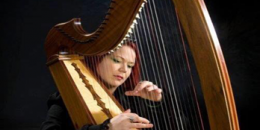The personal name Nicol is a diminutive of Nicholas or Nikolas, a male given name derived from the Greek name Νικόλαος (Nikolaos), a combination of the words for "victory" (νίκη; níkē) and "people" (λαὸς; laós). The name can be understood to mean victory of the people. The Greek word (νίκη; níkē) is derived from Egyptian nekht, meaning "to be strong" or "powerful”. In addition, "laos" or "λαὸς" in Greek, originates from the word root " -las", as found in the word "λα-τομεῑο” meaning "stone" or "rock" (in Greek Mythology, Deucalion and Pyrrha recreated the people after they had vanished in a catastrophic deluge, by throwing stones behind their shoulders while they kept marching on).
The name became popular through Saint Nicholas, Bishop of Myra in Lycia, the inspiration for Santa Claus (Klaus is the customary Dutch or German nickname for someone named Nicholas). Santa Klaus comes from Saint Nicholas; the Dutch Sint Niklaas was shortened to Sinterklaas and Americanized as Santa Claus. The customary English spelling of "Nicholas", using an "h", first came into use in the 12th century and has been firmly established since the Reformation, though "Nicolas" is occasionally used. The Orthodox, Catholic, and the Anglican Churches celebrate the Feast Day of Saint Nicholas every year on December 6th. In Greece, the name and its derivatives are especially popular in maritime regions, as St. Nicholas is considered the protector saint of seafarers.
The surname MacNicol means "son of Nicol". Mac surnames were also written as Mc, or M’, while the Gaelic Mhic indicates a descendent of someone such as a father's father. Many members of Clan MacNicol (Scottish Gaelic: MacNeacail) bear the surnames Nicolson, Nicol and approximately 80 other variations. It has only been within the last 300 or so years that Highland Clan names began to take on multiple variations. Many emigrants from Scotland changed their names on arrival in their new country, as did many people from the Highlands & Islands who migrated to the Scottish lowlands in search of work. Shortening or dropping the prefix "Mc" or "Mac", or Anglicising a Gaelic surname, or indeed changing the surname altogether for a similar sounding English one, which would be easier to pronounce and would conceal one’s origins, were quite common occurrences.
The Gaelic language had once been spoken by all social classes in the Highlands and Islands, but after the failed Jacobite rebellions of 1715 and 1745 it became associated with political dissent and the Catholic faith which had been essentially banned in the lowlands. The landowning and professional classes increasingly spoke English and disdained the native tongue. There was an official governmental campaign to discourage and even eradicate the language, backed by repressive legislation which not only discriminated against Gaelic, but for a while outlawed other symbols of Highland culture, such as tartans, kilts and bagpipes. It was during this period that members of the clan began to Anglicise the name MacNicoland the Gaelic MacNeacail to Nicolson.
Many families who bear same surname as the clan do not have any historical connection to the clan. For example, according to tradition the MacNicols from Argyll are thought to descend from a 16th century Macfie. The MacNicols from Angus cannot be connected to any other like-named family, but it is possible they are related to Nicolls of Kinclune, in Angus. Some of the MacNicols on Lewis may well be related to Clan MacNeacail, but others were originally MacRitchies. A Nicolson family has been recorded in Caithness since the 17th century. The Nicols of Ballogie claimed in the early 20th century to descend from Clan MacNeacail; the family claimed to have been pushed south by the Mackintoshes. Although there is no record of any such conflict, clan histories of the Mackintoshes record a certain "Clan Nicol vic Olan" as one of there followers (this clan, however, is not heard of after the late 15th century). One Nicolson family of the name in Shetland derive their surname from a 17th century man, while another family is related to the Nicolsons from Aberdeen and Edinburgh. The Nicolsons of Cluny, Kemnay, and Glenbervie are also descended from the Nicolsons from Aberdeen and Edinburgh. The latter family, also known as Clan Nicolson, is the main Lowland family of the name. This family can be traced to the mid 15th century in Aberdeen, and has been represented in recent years by Nicolson of that Ilk. The family has no known connection to Clan MacNeacail of Skye or Lewis.







